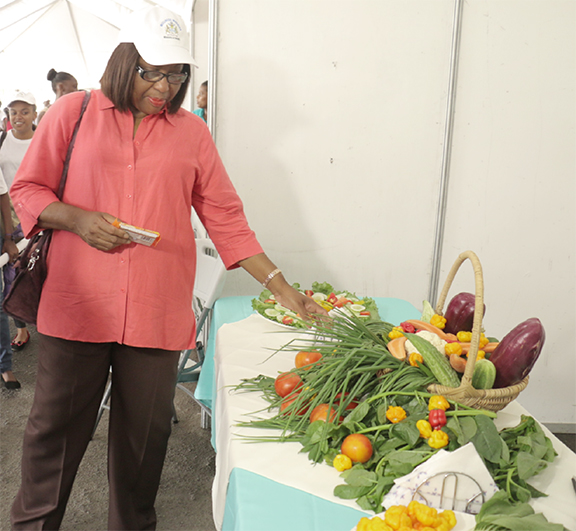There have been no proven allegations that padding of the elections list has occurred since 1992, former member of the Guyana Elections Commission (Gecom), Ralph Ramkarran has said.
He said the “systems used in creating the list, staining of fingers, the presence of polling agents and other measures implemented since 1992 make it impossible to rig elections in Guyana.”
Ramkarran told Stabroek News that “From 1992 onwards, no allegation about the list being padded has been proved… even though the lists have undergone all kinds of scrutiny and tests.” He said that both the PPP/C and the PNCR had made claims of list padding.
Ramkarran, who was also former Speaker of the House and a member of the PPP for nearly 50 years before quitting also stated that the various back and forth “squabbles” in relation to the General Register Office’s (GRO) responsibility to supply Gecom with the names and paperwork for deceased persons were “designed to lay a foundation to cry foul if a certain result is not forthcoming.”
During the PPP’s weekly press briefing held on Mondays, the party’s General Secretary Clement Rohee has frequently stated that Gecom’s Preliminary List of Electors was not “clean” and that the number of deceased people on the list needed to be addressed. Rohee, who is also the Minister of Home Affairs, with responsibility for the GRO, has refused to acknowledge that the GRO has been delinquent in providing information to Gecom. He had stated previously that persons would need to register deaths and if that was not done then GRO had no information to provide to Gecom.
Ramkarran said, “Currently the GRO is required to supply Gecom with the names of deceased persons. The laws, if properly administered, will produce a list that might not be perfect, but will be transparent enough to have a credible elections. Gecom has no responsibility to go on the ground and create a perfect list. It can only set up systems according to law and invite people to register in accordance with the laws.”
Once this is done the claims and objection period is open to allow for scrutiny and the Official List of Electors would then be created.
As a former member of Gecom in its several forms, Ramkarran served on the Commission in 1973, 1992, 1994 for local government elections, 1997 and 2001 and is considered to have wide experience and knowledge of the functioning of the electoral machinery.
He said the National Registration Act and the Representation of the People Act outlined how Gecom carried out its work.
Under the Representation of the People Act Section 71 (1) the presiding officer at a polling station has the right to refuse to issue a ballot should a voter refuse to provide valid information that can be cross referenced. Under the same legislation, presiding officers can examine and compare thumb prints and photographs as well check for any stain of electoral ink on voters.
In recent elections, a Joint International Technical Assessor identified and funded by international development partners (IDPs) has helped to provide another layer of assurance.
During a press conference held two weeks ago, Gecom Chairman Dr Steve Surujbally called the commission’s Preliminary List of Electors almost perfect and restated the commission’s commitment to utilising the IDPs assistance that is provided.





